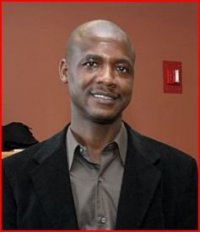
(JollofNews) – Sometimes, self-criticism is necessary for us to make progress and what makes nations successful is the ability to find public policies and political institutions relevant to their people.
Intellectualism and ideas are life; they must be relevant to our lives; they must be relevant to the African realities. Intellectualism are dead or non-existent if they become irrelevant to the lives and aspirations of the people. (see my paper “Dictators’ Lessons and Intellectual Prostitution”12/29/2016).
Intellectuals and expert commentators are seen to play a crucial role by representing various positions in a debate, and critically engage with issues. They are also assumed to bring specialist knowledge or complexity to the discussion. While intellectuals are often defined as members of a learned intelligentsia, popular thinkers, drawing on grassroots experiences, who engage with pertinent issues in reflective and complex ways recognized.
Antonio Gramsci spoke of all men as intellectuals, allowing for the existence of what he called “organic intellectual” but he observed that “not all men have in society the function of intellectual”. Others have argued (notably Edward Said) that “intellectuals, as thinkers who are independent of the state and other interests, have an obligation to speak the truth to power”
You may not agree with what I am going to say but as African academics, scholars and intellectuals, have let down Gambia and Africa badly by not providing intellectual leadership to the democratic struggle.
“He who doesn’t know where he came from doesn’t know where is going,” says an African proverb. The intellectual community are lost; they don’t know where they are going. I shook my head when I read “It’s a patriotic duty to serve your country.” It seems they are way behind the curve, late to the struggle for democracy and good governance in Africa and are only playing “catch-up” with proposed conferences,” belly politics”, lure for ministerial and diplomatic positions. What is strange in The Gambia is those who have usurped the role of identifying themselves as intellectuals negotiate for dominance in the public space.
The nature and role of the intellectuals includes the search for the truth, the interrogation of the meaning and implications of both public conduct and policy decisions.
The recent upheavals in Gambia caught them completely off guard. They did not see it coming because they were pre-occupied elsewhere. Thus, they have become irrelevant to the struggle. The youth, who are driving the struggle for change, no longer listen or look up to them. they have failed them.
In fact, our post-colonial record of advancing the cause of liberty in Africa has been abysmal. Afflicted with “intellectual astigmatism,” they can see with eagle-eyed clarity the injustices perpetrated against the oppressed by the dictator. But they are hopelessly blind to the equally heinous injustices committed by dictator leaders against their own people.
Too many of them sold off their integrity, principles and conscience to serve the dictates of tyrannical and barbarous African regimes. Military brutes such as Idi Amin, Sani Abacha, Haile Mariam Mengistu and Samuel Doe and Yahya Jammeh could always find intellectuals and professors to serve at their beck and call. Some of them even preferred military to civilian rule
Per Colonel. Yohanna A. Madaki (rtd), when General Gowon drew up plans to return Nigeria to civil rule in 1970, “academicians began to present well researched papers pointing to the fact that military rule was the better preferred option since the civilians had not learned any lessons enough to be entrusted with the governance of the country” (Post Express, 12 Nov 1998, 5). Imagine.
Individuals close to power who argue certain positions cannot be true intellectuals. Those people are called pseudo- intellectuals, individuals who take on the guise of the intellectual to promote embedded political position.
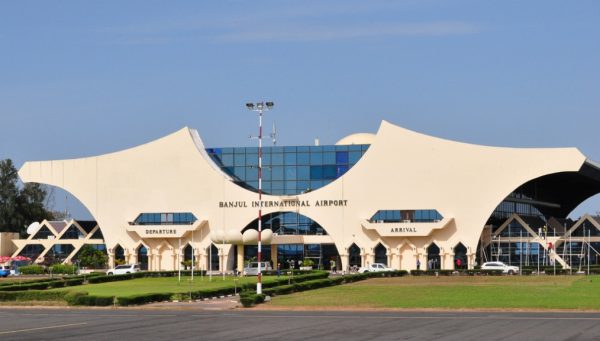
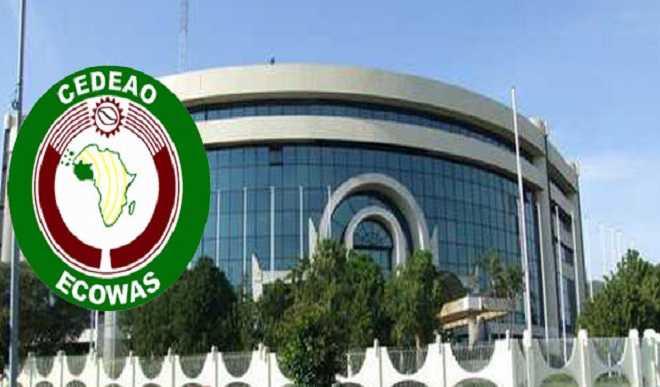
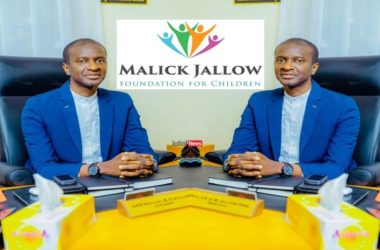
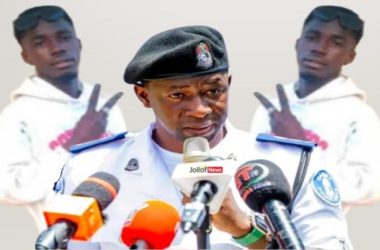
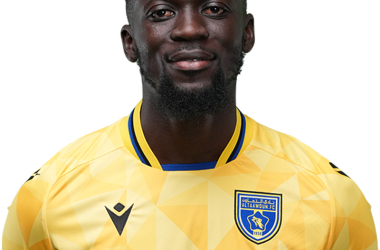
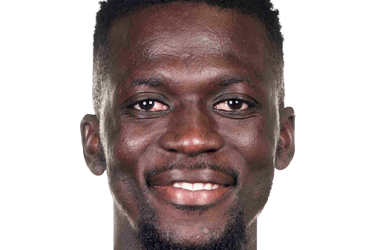
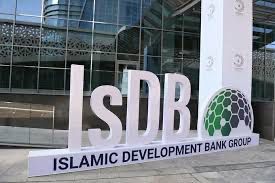
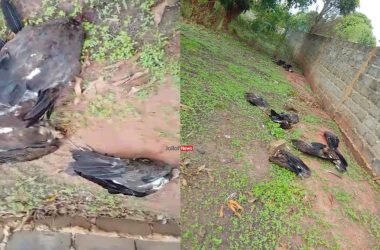
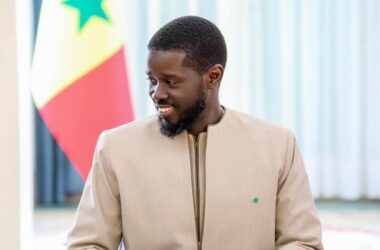
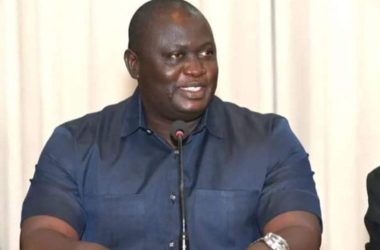



@Alagi Yorrow Jallow: I think your article speaks some truth and understand it to mean that when a person is engaged in Politics or when he/she is close to power they are unable to provide a truly objective point of view forward.
I’m in two minds about that idea. I think we all come to a debate with our values and bias’. Isn’t it also about declaring those values and assumptions and being transparent about them….
I think this was from Fanon’s Black Skins, White Masks:
“An Harvard graduate came home to the village and accompanied his father, who was carrying a hoe on his shoulder to the old man’s garden.
‘What is that thing you are carrying on your should called’, the Harvard grad asked his father.
The old man gazed into the sky, and as his son’s gazed followed him up, he gently dropped the hoe on his son’s feet.
‘OOHH. AAHH, it is a Jembe!’ screamed the Harvard grad in pain as the amnesia evaporated.”
From this your piece, Alagi, it seems you will be safe when you visit your old man (I think I once met him repairing the Independent’s printer) in his village garden.
Alagi Yorro, I will attempt to make this commentary short and will start with the comment that higher education is really a test of one’s capacity for self instruction and also the capacity to embrace and benefit from the wholistic approach to acquiring knowledge. Note that I have not used the term holistic.
Intellectuals must necessarily be able and willing to challenge certain schools of thought, dogma, status quo plus a whole gamut of dispensations. However, the same intellectuals must be able to tailor concepts, principles and messages in a simple, comprehensible and acceptable manner to fit the designated target audience or readership. All this must be done without losing the message in translation.
Intellectuals, hopefully privileged with a depth of knowledge and facts relevant to the subject at hand, are counted on to dissect complex issues and subjects, form an informed opinion(s) and stand up for the truth and what is believed to be the right course of action. In effect, these persons can become opinion leaders. A privilege that must be earned from peers and citizenry while cultivating listening skills to be able to hear and listen to ordinary citizens. The privilege is not claimed on account of a title or membership bestowed upon an individual.
A good number of intellectuals will put on blinkers in the pursuit of the academic prize that lays ahead and once that prize is scored, be it a graduate or Doctorate degree, they want to come back to their brethren that supposedly need salvation, to claim a special place in society. Behold thee my brethren, the lost flock, here comes the savior with the message!
That’s even before the kinks have been removed from the character with the rough edges clearly asking for lots of refinement.
You may recall that your favorite professor in Graduate School was not the belligerent, grumpy guy that held multiple credentials with the take it or leave it approach to learning. Instead, it may have been the bubbly character, steeped in his profession, very approachable and appears to motivate his students to reach higher at every opportunity.
Yorro, what appears to be in short supply with African intellectuals is the capacity to motivate students and citizens to appreciate the value of knowledge and reach for the higher levels of the social ladder through sheer commitment to values and excellence. In order to make headway, it really takes intellectuals coming down off of high horses to the level of the citizenry. I also find that it’s commonplace that at every milestone attained, “intellectuals” set themselves to rallying a following and keep busy jockeying for position in place of excellence. Islamic scholars are no exception here!
In the pursuit of any trade, skill or knowledge, one is reminded of an adage in our own
Sene-Gambian culture that says “Maychay, Danga Ko Fa Harr” or “Londo, E Kaa Batu Jay Leh”. There’s the science and the art of every undertaking in life Yorro and time is of the essence in achieving excellence. Academic pursuits also fall under the same domain I may add.
To sum things up, allow me to quote you below with due credit.
“You may not agree with what I am going to say but as African academics, scholars and intellectuals, have let down Gambia and Africa badly by not providing intellectual leadership to the democratic struggle”.
The fact is that Africa has, for too long, rewarded “intellectuals” whose credentials aren’t in the words of an East African colleague, “not worth the paper that it’s written on”.
Thus the need to hone skills and expertise must not be relegated to the back burner on account of prospective or recently earned academic (intellectual) credentials. Let’s all learn to read, listen, embrace humility and keep testing our depth of knowledge for relevance, rigor and substance.
I will offer a quote from Julius Caesar as food for thought.
” The fault, dear Brutus, is not in our stars,
But in ourselves, that we are underlings”
Ha, Ha, Ha, Pjalo, Caesar was rude and Brutus plunged the knife in! Et Tu!
Intellectuals are overrated – in my view! Fifty years of America having the world’s No. 1 Intellectual in Noam Chomsky didn’t prevent the rise of Trump. Commonsense if far more useful to a society!